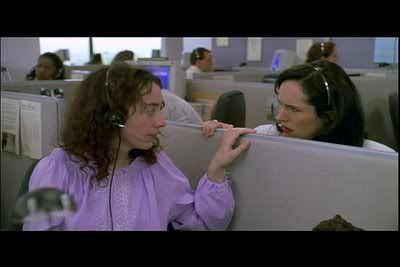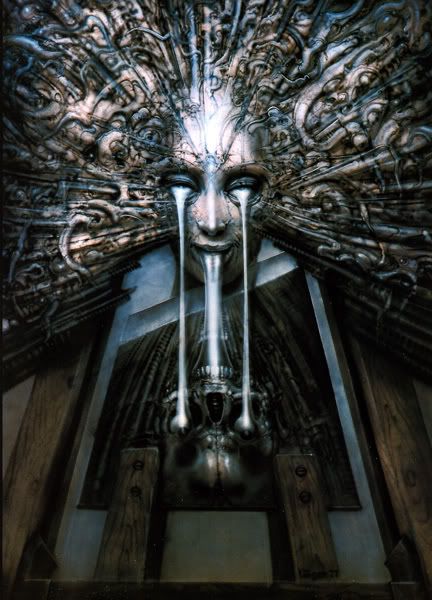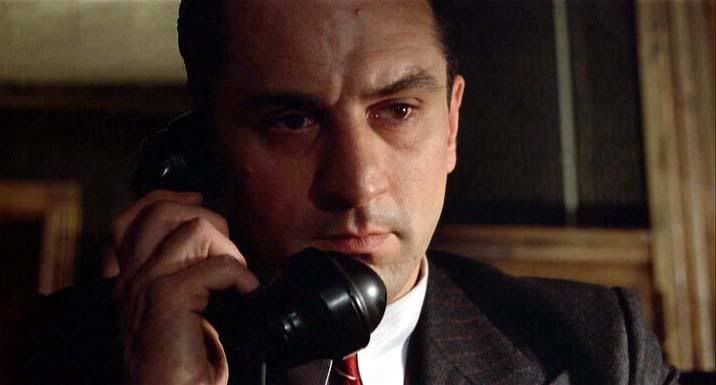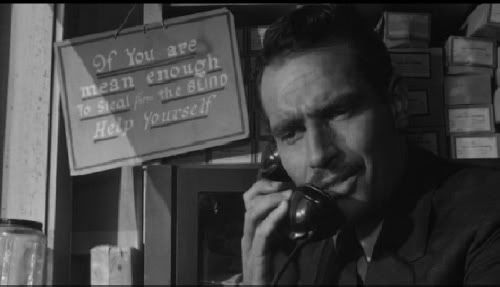
The under appreciated 1977 film Sorcerer is a long time favorite from the intriguing director William Friedkin (The French Connection, The Exorcist, Cruising, Bug).
An English language remake of the 1953 French film The Wages of Fear, Sorcerer delivers a gritty and harrowing glimpse of men motivated to push themselves (and their machines) beyond the breaking point. For the most part, I've never much cared for film remakes, but this movie (along with John Carpenter's The Thing) bucks any negative notions about the necessity of such repeated cinematic endeavours and for me, stands out as a classic.
William Friedkin was given a wide creative berth and sizable financing from Universal studios. As the costs for location shooting propelled the films budget skyward, Paramount became involved as a partner. Tensions on set caused some degree of feuding between Friedkin and producer David Salven, who was eventually fired by Friedkin. Clashes with the exacting director resulted in cinematographer Dick Bush quitting halfway through the films principal photography.
The film first introduces the origins of the main characters and illuminates why they find themselves in a remote South/Central American country, hopefully far enough away from the rest of the world as to prevent discovery. We then follow these men through the extreme rigors of survival in this foreign arena, mainly working dangerous manual labor for an oil company. A chance to earn some real money (and more) is produced when an accident at the oil well causes an explosion that cannot be handled. A long neglected cache of volatile nitroglycerin is needed to blow up the rig, but the nitro is miles away with little more than jungle trails between the destinations. After a helicopter transfer is ruled out, the company seeks drivers to transport the explosives on the suicidal end run for both the petro company and the desperate men. An unrelenting hell ride follows, as less than ideal trucks are used and mother nature (plus some very human obstacles) block them at every conceivable angle. In particular, the infamous bridge scene (spotlighted on the film's one sheet) packs a tremendous cinematic punch and is a true spectacle to view and hear, especially in a theater.
The often propulsive or discordant Tangerine Dream score adds to the increasingly high tension on screen. A standout soundtrack that perfectly fits and proved influential as well.
This was Freidkin's next film after 1973s The Exorcist and just prior to 1978s The Brinks Job and 1980s Cruising. It was released a month after Star Wars but garnered little at the box office and was dimissed by some critics, although I remember Siskel and Ebert showcasing the film on an early 80s episode of Sneak Previews devoted to "sleepers" - great movies that you might have missed. Sorcerer has a spot in my all time favorite films.
1977 film Sorcerer.

(In reference to Sorcerer) "...my favorite of all the films
that I have made. It's one of my only films
I can watch because it came out
almost exactly as I intended."
-William Friedkin in William Friedkin: Films of Aberration,
Obsession and Reality by Thomas D. Clagett.
the trailers
Betrayal - Tangerine Dream
from the Sorcerer Soundtrack













I saw this movie ages ago. I remember that I enjoyed it. Thanks for reminding me about it.
ReplyDeleteI think I remember discussing this with you in the past. While I still prefer the original for all out tension and that ending . . . I have to submit that the bridge scene in the remake is enough to serious challenge if not win the best scenes of the original.
ReplyDelete@Keith - glad you dig this 70s action packed flick with a standout performance from Roy Scheider
ReplyDelete@Toby - thanks - I've been meaning to watch Wages of Fear again since that discussion because it's been quite awhile since my last viewing - that bridge scene in Sorcerer brings the cinematic power